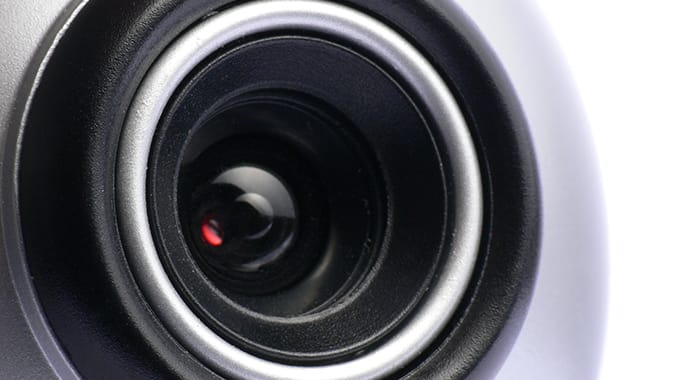LPC providers given option to continue with proctoring measures post-pandemic

Online exams are to become a permanent feature of legal education, the Solicitors Regulation Authority (SRA) has decided.
In recently released papers from last month’s SRA board meeting, it was agreed “as a matter of principle” that Legal Practice Course (LPC) providers can provide remote proctoring on a permanent basis so long as they meet regulatory requirements.
On whether it will also apply to the LPC’s replacement, the Solicitors Qualifying Exam (SQE), when it comes into force in September, a spokesperson for Kaplan, the company in charge of the exam, told Legal Cheek: “[W]e are exploring the possibility of remote proctoring on a contingency basis, in the event that the situation changes with even tighter Covid restrictions”.
Remote proctoring enables candidates to take their exams from home and was introduced as an “emergency measure” last year when LPC assessments moved online.
The regulator said it has authorised “almost all” LPC providers to use remote proctoring software and found the experience to be “positive” overall. It added that candidates must be given the choice to sit an exam in-person or online.
“Our work to date has found that while there have been some one-off issues with remote proctoring, overall, the experience has been positive,” the SRA said. “LPC providers report that where remote proctoring systems have captured suspicious activity, this tends to be innocuous.”
The SRA further acknowledged the LPC is mainly assessed on an ‘open book’ basis, reducing the risk of cheating and meaning candidates can take breaks. It said, however, that proctored exams can impact on those requiring “reasonable adjustments”, and so it will require providers to have appropriate arrangements in place and to report how requests for reasonable adjustments have been handled.
On the other side of the profession, the Bar Standards Board came under heavy criticism for its handling of professional exams last summer. A recently published independent review by two experts substantiated many of the complaints students had made, which included being unable to book an exam slot and having to urinate in bottles and buckets because no breaks were allowed. The exams were mainly run remotely, although there was an option to take them at test centres.


